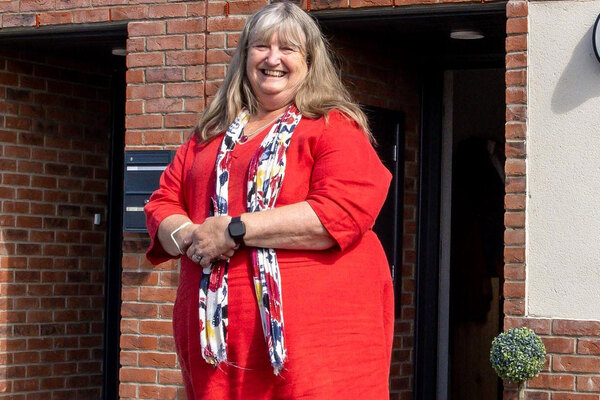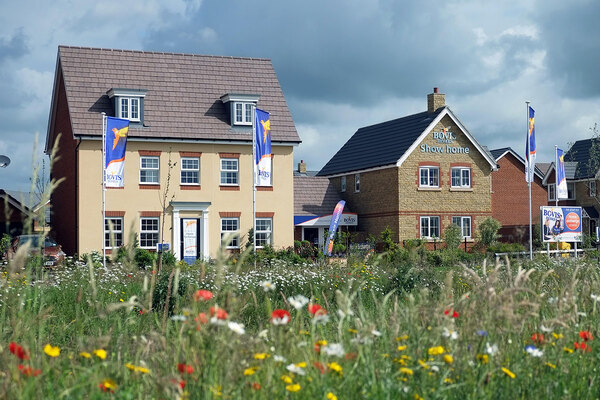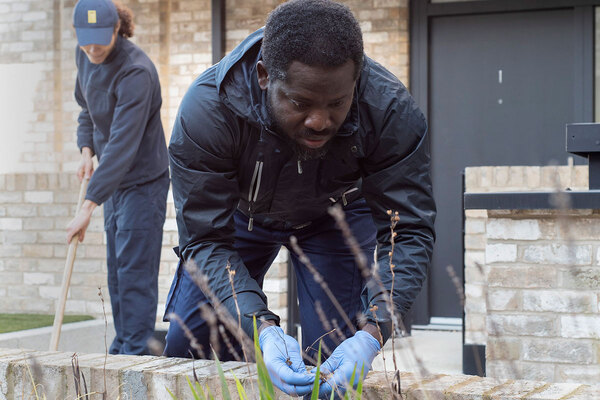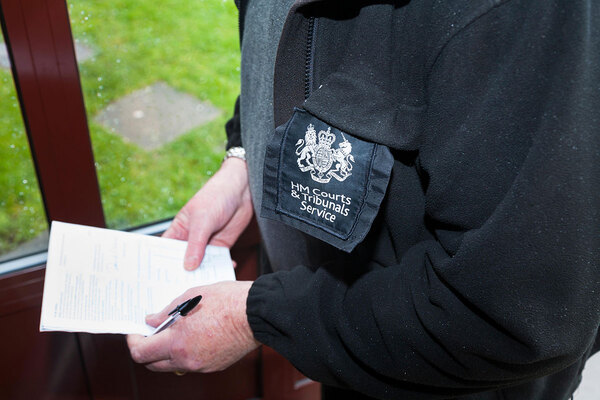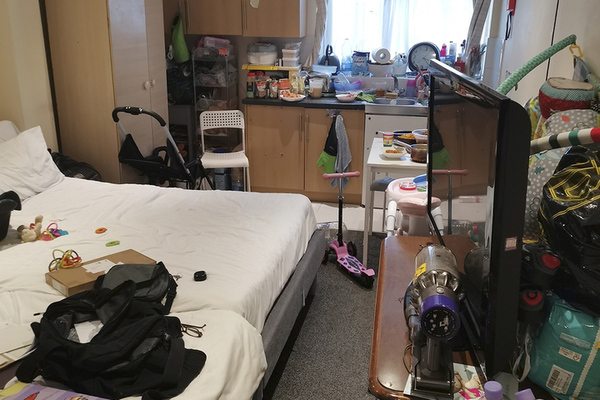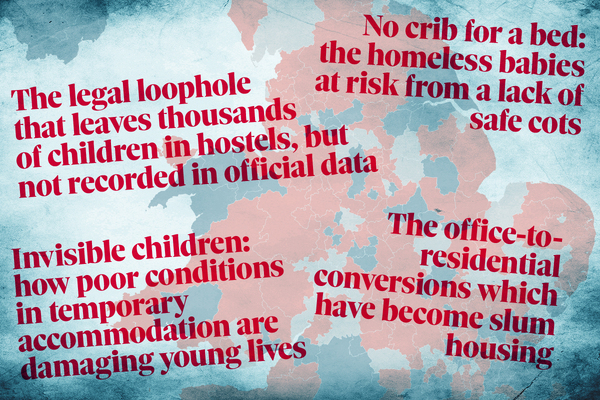You are viewing 1 of your 1 free articles
Guiding principles for a new collaborative approach to repairs and maintenance services
The Better Social Housing Review has made us rethink how the sector should approach repairs, writes Paul Price, chief executive of the Association of Retained Council Housing
How landlords look after homes and how they respond to residents’ requests when defects occur in homes often defines the relationship between the resident and the landlord. For many residents, it can be the one of the few times they have direct contact with their landlord, and so getting the repairs interface right can be significant in creating and maintaining a good impression and relationship.
You’ll notice I said landlord, not private landlord, social landlord or local authority landlord but simply landlord. That’s because as landlords of all tenures, we have a responsibility to make sure we are getting repairs right for residents. Getting it right for tenants was the theme and purpose of the Better Social Housing Review.
Following its publication we’ve worked – alongside the National Federation of ALMOs and Local Government Association – with the Chartered Institute of Housing and National Housing Federation to develop a response to the relevant areas of the review. This has helped to ensure that the social housing sector is taking a collaborative approach to responding to the review and improving outcomes for residents.
One of the recommendations in the Better Social Housing Review was to examine and rethink approaches to repairs and maintenance. It was clear from the review recommendations that many of the issues identified, and in particular those relating to the repairs and maintenance services, would apply equally to the stock-retained housing sector as to the private registered provider sector.
It was recognised by all participants that it would be of huge benefit to all parties, especially residents, that we continued to work jointly to develop services so that they would be of benefit to residents irrespective of who their landlord was.
The rethinking repairs and maintenance project and working group has drawn on the collective knowledge of cross sector leaders and practitioners, including members at a policy level alongside those from the social housing ‘coalface’.
“It is not a prescriptive guide, but it sets out areas of good practice which landlords may want to adopt when developing or reviewing their repairs and maintenance services”
At the outset of the review, the group recognised that a good repairs and maintenance service, whether delivered in-house or through an external contractor, must be developed to meet local circumstances.
However, it is also the case that some fundamental principles, such as resident involvement in setting standards and delivery mechanisms for repairs and maintenance, need to be front and centre of developing the service. Without these key areas of focus, it doesn’t matter how good our key performance indicators are, we are likely to be delivering a service which doesn’t meet resident expectations.
Equally, if the culture of the organisation, from top to bottom, isn’t right, the service at the point of delivery may be focused on the wrong objectives.
Based on the working group’s collective knowledge, experience, and research with residents, social landlords, and wider stakeholders, they have created a guide setting out 12 guiding principles for how landlords should work with their residents and colleagues to improve their repairs and maintenance services. It is not a prescriptive guide, but it sets out areas of good practice which landlords may want to adopt when developing or reviewing their repairs and maintenance services.
The guide is helpfully structured in six themes, so that it is simple to identify topics of interest and so should make it accessible to all. This should make it more useable for everyone involved in the delivery and scoping of works and ultimately lead to a better service being delivered to residents.
“the group recognised that a good repairs and maintenance service, whether delivered in-house or through an external contractor, must be developed to meet local circumstances”
An open and constructive process led to the development of the guide, which can be used by policymakers as well as by practitioners, with the latter cohort more likely to want to dip in and out of sections rather than work their way through the whole guide.
The Association of Retained Council Housing is really pleased to be able to fully endorse the guide. We will be sharing the guide across our membership and will work to support members to embrace the guiding principles and good practice.
We will do so while recognising that every landlord is different, and so individual landlords will want to tailor how they are working with their residents, staff and contractors to rethink their own repairs and maintenance procedures using the overall structure of the guidance and deliver on the aims of the Better Social Housing Review.
Sign up for Housing 2024
Welcoming everyone under one roof – join us at Housing 2024
- Three days
- 500+ speakers
- 150+ hours of CPD
- 10 content streams
- 350+ sponsors and exhibitors
- 60 official fringe events
- 50+ partners
- 500+ funders and investors
- Breakfast briefings
- Charity fundraisers
- Government-led workshops
- Study tours
Housing 2024 is a space for the housing and wider living sectors to come together, discuss and collaborate, to identify solutions and speak with one voice to those framing the debate.
Join more than 9,000 attendees: listen, learn, digest and discuss, and take solutions to your communities.




